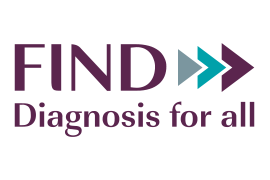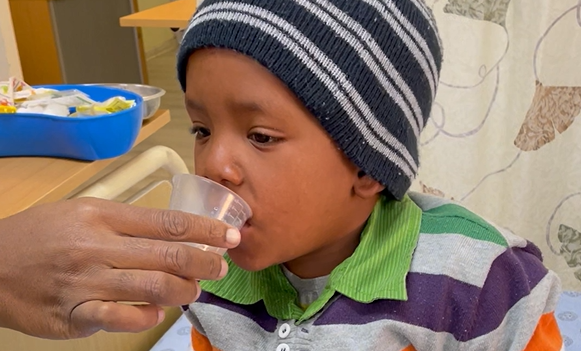The problem
Tuberculosis (TB) is a leading cause of death by infectious disease, and efforts to curb its spread are greatly hindered by the limited availability of diagnostic tools and tests specifically designed to meet the needs of a particular context or population. Despite the World Health Organization’s (WHO) recommendations for more sensitive diagnostic platforms and alternative sample types, the most widely used TB diagnostic method relies on analysing sputum samples through a microscope.
Our response
The DriveDx4TB project aims to accelerate the introduction of three new classes of TB diagnostic technologies that are more adapted to the countries and contexts with the highest burdens of disease. The project also seeks to develop alternative sampling approaches to improve the ease and accuracy of TB testing, while accessing barriers related to availability and affordability.
The project is working in parallel to accelerate the development of new point-of-care molecular systems and assays that address the unmet diagnostic need for a number of diseases in low- and middle-income countries and supporting partner manufacturers to prepare for market entry.
Working jointly with the Liverpool School of Tropical Medicine through another Unitaid-funded initiative, the new products will be evaluated for best use across various settings for rapid introduction where they are needed most.








